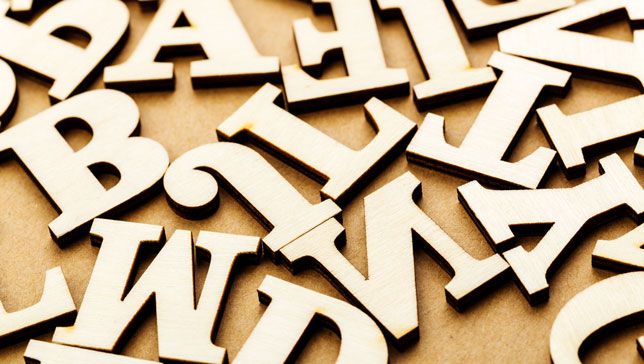A new article by Jan Surman
A new article by IGITI research fellow Jan Surman discusses the emergence of early forms of interdisciplinarity on the example of a 1900 debate about Polish chemical terminology.

Abstract
During the summer of 1900, the Chemical Section of the Society for the Promotion of Russian Industry and Commerce in Warsaw published a very special booklet in which prominent philologists debated proposals concerning adjustments to chemical nomenclature. Several issues were discussed, including systems of classification of chemical compounds, new specialist terms, and which element names to select among the many then in use. Chemists translated and modified these proposals while strongly disagreeing with using philological expertise. But both the booklet and the debate were novelties within discussions on chemical terminology, which provides an opportunity to examine the peculiarities of such endeavors. This article examines this special moment in the history of chemistry when chemists ceded (partially) their authority over their subject to philologists. I discuss how this episode was shaped by the low grade of academic professionalization in the Polish‐language scholarly community and the practical needs of industry, which engendered different habitus among scholars debating chemical issues. This paper asks what language was for chemists and philologists and which epistemic ideals were linked with it. I argue that this episode was a form of interdisciplinary interrogation in which philologists and their arguments were instrumentalized for the needs of chemists.
Date
May 01, 2020
Topics
Keywords
About persons
Jan Jakub Surman
